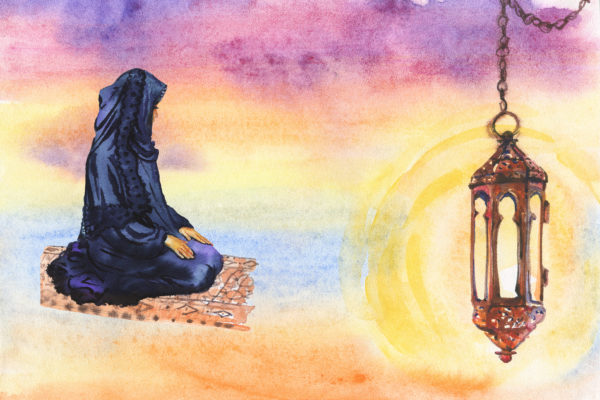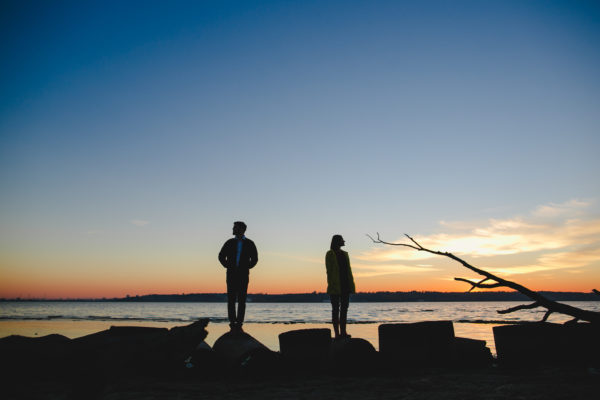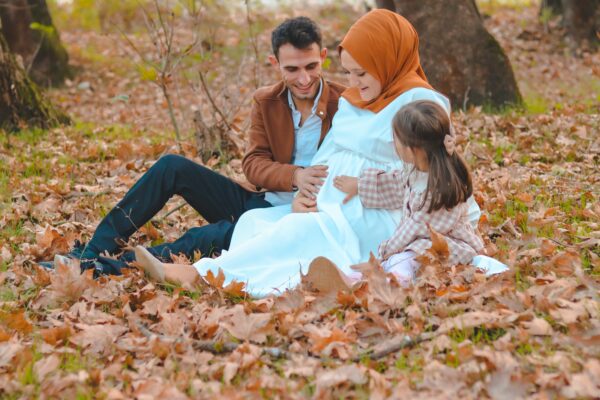The study suggests single British Muslim men between 25-34 years old are afraid of being forced into an arranged marriage. There are also differences between men and women regarding what age they should be getting married by and how long a courtship should last.
The study suggests single British Muslim men between 25-34 years old are afraid of being forced into an arranged marriage. There are also differences between men and women regarding what age they should be getting married by and how long a courtship should last.
A study of 1,084 single British Muslims by the Muslim matchmaking app Hawaya revealed some interesting trends in British Muslim attitudes toward marriage.
Muslim men have far more polarised views on arranged marriage than Muslim women do – and are far more concerned about the prospects of entering into one. New research from Hawaya shows that one-quarter of single Muslim men in the UK frequently worry about being forced into an arranged marriage, compared to just one-in-eight single Muslim women. In stark contrast to this, nearly 40% of single female Muslims state they never worry about this path. Looking at this trend by age group, concerns of an arrangement peak within the 25-34yr cohort, where 45% of all single Muslims worry they might be pressurized into an arranged marriage, with a fifth stating that they ‘often’, and one in ten ‘constantly’, think about it.
The research also asked what the ideal age is for a British Muslim to marry. Single Muslim men regard 27yrs as the prime age for a Muslim woman to become a bride. Whereas Muslim women prefer younger matrimonial matches and state that 24yrs is the preferred age for a new husband. British Muslims have defined views on the timeframe from a first meeting to a wedding ceremony. Most men and women feel that within one year is desirable – with 77% of men and 75% of women agreeing on this milestone. However, single Muslim men seem in much more of a rush to “seal the deal”, with one in five stating that marriage is ideal within three months of a first meeting. Muslim women tend not to share this eagerness, with only 10% stating this timeframe is ideal.
Hawaya is an app for people with serious intentions looking for love and, ultimately marriage within the Muslim community, with 80,000 global success stories. Richma Piaraly, Chief Marketing Officer at Hawaya comments:
Imbalance is evident between men and women when it comes to core aspects of Muslim courtship. Our app is designed to level the field and put people firmly in control of their life choices in relation to finding a husband or wife, whilst remaining sensitive to Islamic culture and values. We have many features and functions that provide for culturally appropriate and acceptable experiences, for example, our relationship goals feature allows users to clearly state their ideal timeframe for marriage. One thing we are passionate about is empowering single Muslim women to play an equal part regarding future marriage and family. Which is why we have invested heavily in addressing the concerns, wants, and desires of this important group.”
Parental approval of a future husband or wife remains high within Islamic culture across the UK – including matches made independently from an arranged marriage pairing. Family acceptance is most important to single Muslim women, with three quarters (74%) stating that parental acceptance is either ‘essential’ or ‘important’. Nearly one-third of single Muslim men say that parental acceptance would be nice but is not a deal breaker, and 16% state that it is not important at all.
Halima Khatun, Author of The Secret Dairy of an Arranged Marriage, The Secret Dairy of a Bengali Bridezilla and The Secret Dairy of a Bengali Newlywed adds:
It’s interesting that Muslim men and women have such different views on the matchmaking process, particularly around the fears men have around arranged marriages. Nowadays, as I detailed in my book, The Secret Diary of an Arranged Marriage, there are so many options that facilitate and complement traditional family introductions, such as going online, meeting through friends, events, etc. It’s great that there are apps like Hawaya that are here to help empower Muslim women and men on this journey and hopefully alleviate some of the worries around this huge life decision.”





